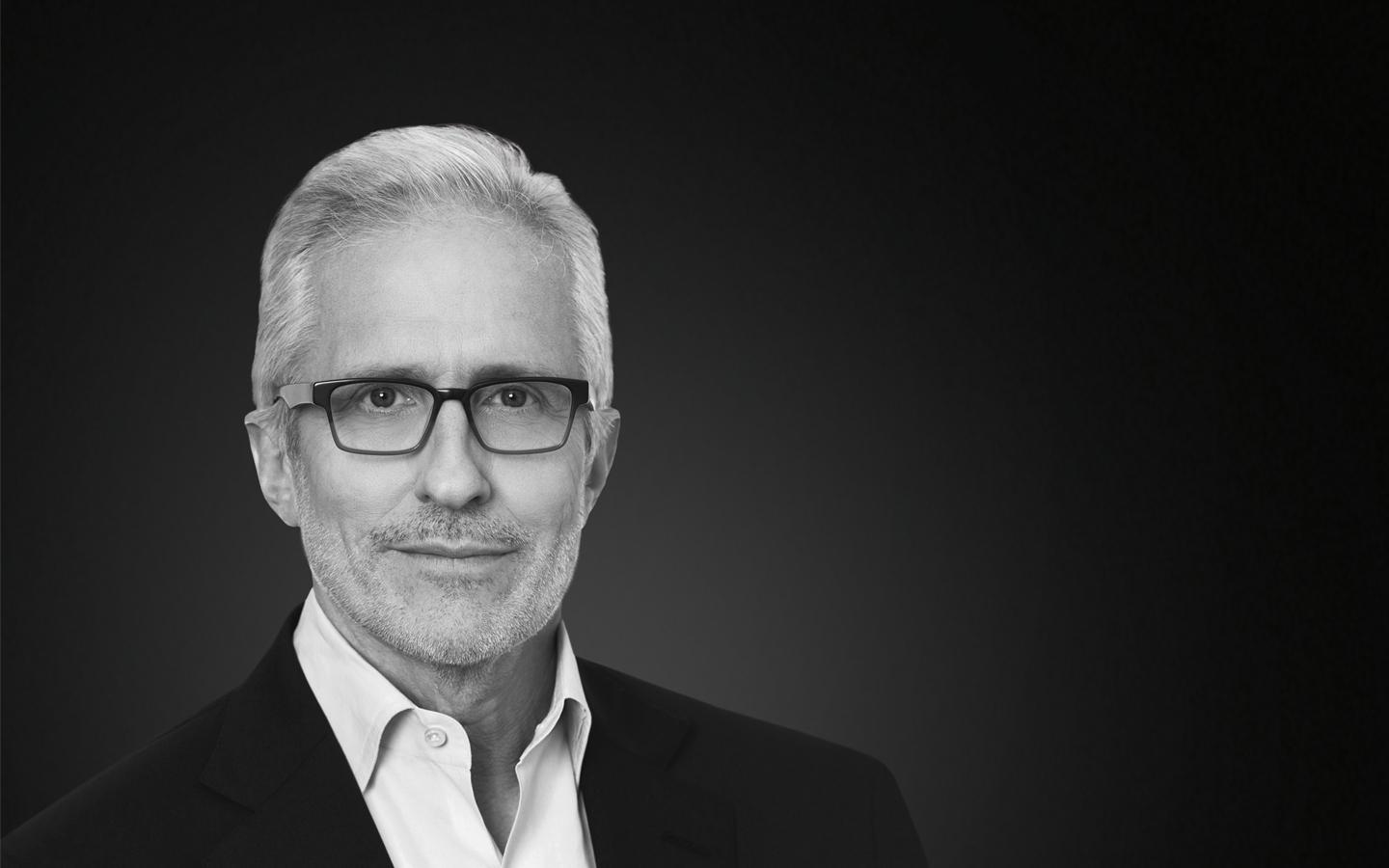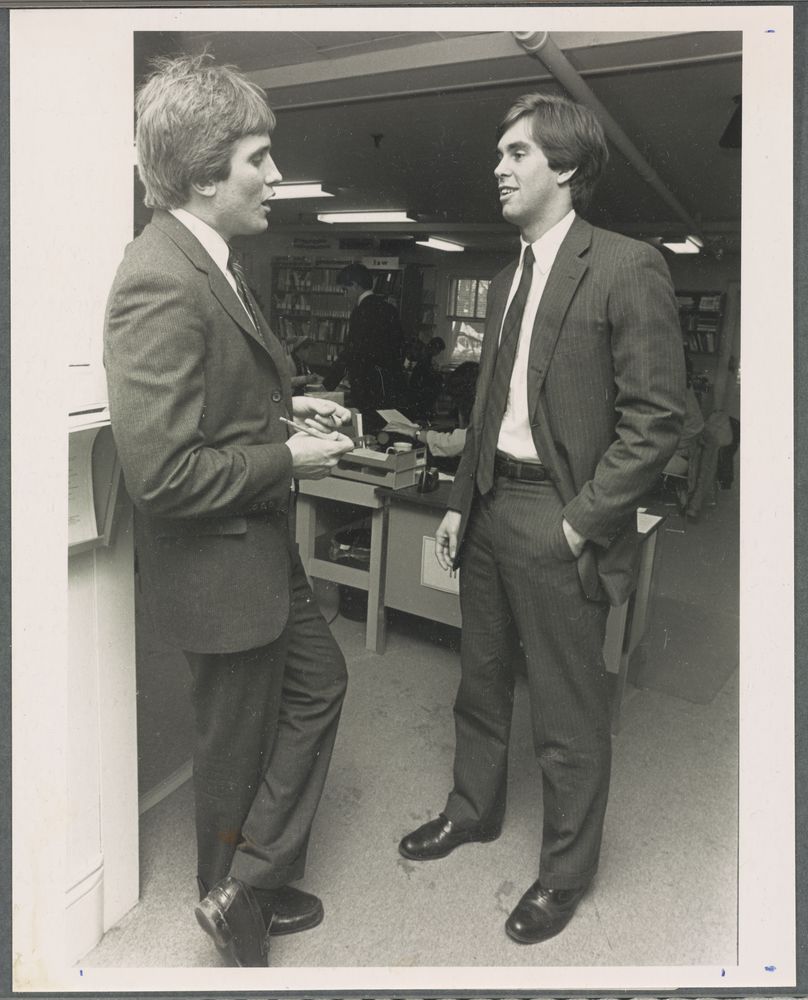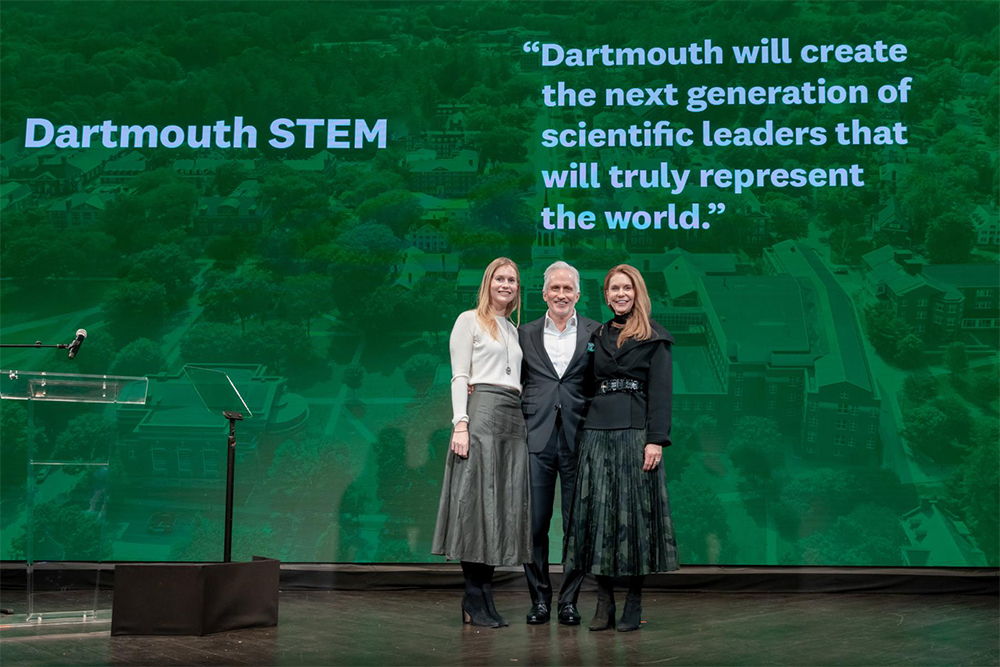"There is no silver bullet in the fight against climate change. It requires silver buckshot."
Jim Coulter talks about the importance of teams, hourglass-shaped careers, tackling climate change, and creating opportunity.

Trustee Emeritus James G. Coulter ’82 is a founding partner of the $135 billion private investment firm TPG. He is TPG’s executive chairman and has served as co-CEO, as well as co-managing partner of TPG’s Rise Fund, which invests in businesses making positive social and environmental impact. He is also managing partner of TPG Rise Climate, dedicated to climate-improving investments. An engineering major at Dartmouth, Coulter was a member of Alpha Chi Alpha and Sphinx, and he played soccer and rugby. He graduated summa cum laude and went on to earn an MBA from Stanford. He and his wife Penny have three children, and their daughter Audrey is a member of the Class of 2015. In December, the Coulters committed $25 million to Dartmouth STEM diversity initiative, a $100 million initiative to boost diversity in science, technology, engineering, and mathematics.
I have two distinct sets of Dartmouth memories: the intellectual and the personal.

My intellectual experiences are highlighted by attending a Language Study Abroad program with John Rassias in France while majoring in engineering. Dartmouth’s liberal arts backbone offered a breadth of experience that has served me well.
Many of my most memorable personal Dartmouth experiences took place in team settings: on the playing fields of the soccer and rugby teams, in the dynamics of study groups. A major evolution in my understanding of leadership was witnessing and experiencing the centricity of teams. Today’s Silicon Valley culture seems fixated on “founders.” In reality, it’s teams that drive innovation and create disruptors, even if a founder gets the credit. As a soccer player, I ended up being a kicker on the Dartmouth rugby team. There is often a moment in many rugby games where it comes down to one kick. But you never have that moment if the team hasn’t put you there.
Leadership is learning to expect the unexpected. I served on and chaired the Winter Carnival Council. In 1980, it just didn’t snow. It was February, and the Green was, in fact, mostly green. The tradition of snow-sculpturing was not going to end on our watch. We negotiated to borrow a snowmaking machine from Killington. The Hanover Fire Department lent us a fire truck so we could pump water into the snow cannon. We blew a 40-foot-high pile of snow and carved a sculpture in the middle of the snowless Green. The leadership lesson was that when things outside of your control go wrong, you can get frustrated… or you can get to work.
Hourglass careers and leadership styles
I’ve learned and observed that careers—especially the most interesting ones—often have an hourglass shape. The journey starts broad as you don’t necessarily know what direction your career will take. Over time, you come to the middle of your career, where you have to show your excellence in more narrow areas of specialization. Then, if you achieve excellence, a career tends to broaden in reach, scope, and influence as you learn how to apply your expertise in new areas and opportunities.
It is OK, and perhaps preferable, to commence your career not knowing what you’re going to do. Coming out of Dartmouth, my final job choice came down to running an oil rig in Africa for Schlumberger or going to Wall Street. The rig job paid better, but I thought I’d learn more on Wall Street. I took a job at Lehman Brothers not even knowing what I’d be doing, and I’ve spent most of my career in private equity, a field that didn’t exist when I left Dartmouth. It’s a totally new dominion that I helped create. In retrospect, it was good that I didn’t have a career plan.
My leadership style tends to be defined by three fundamental attributes. First is adherence to the idea of servant leadership. My job as a leader is to wake up asking, “What does the organization need me to do?” and “What can only I do?”
Second is the importance of problem-solving skills. Leading an organization is solving its problems. My Dartmouth education and my engineering training developed a broad set of problem-solving skills that remain core to my leadership style.
Third is curiosity. Leaders can’t shape the future if they aren’t deeply and constantly curious about what it may be. They have to focus on what needs to change, not rest on what has been accomplished.
We’ve invested in hundreds of companies, and I’ve had a close relationship with many of their CEOs. Through those experiences, my understanding of leadership has drastically evolved.
I’ve found that leadership is often about “fit.” The right person, in the right situation, at the right time. Winston Churchill wasn’t much appreciated as a leader before World War II, and the Brits voted him out pretty quickly after the war, but during the war his particular skill set was extraordinary. Michael Jordan was a mediocre professional baseball player.
Intertwined through all of this is the importance of leading with humility, empathy, and kindness. Our family’s favorite quote is from Henry James: “Three things in human life are important. The first is to be kind. The second is to be kind. And the third is to be kind.” If you’re a leader who must make tough decisions that affect many people’s lives, always lead with kindness and empathy.
Challenges and opportunities: climate change and access to education

Climate change is one of the great challenges facing humankind today. Solving it may be one the great investment opportunities of all time. There is no silver bullet in the fight against climate change—it requires silver buckshot across technology, business, and society. And it requires massive amounts of capital. I have been focused on creating pools of capital and investing in knowledge to advance the technologies necessary for a successful outcome. My career has been marked by investing in change. This is a change that must occur.
The $7 billion TPG Rise Climate Fund that I lead invests using an “and” model. Our companies must meet financial returns and drive a demonstrable reduction in carbon emissions. They need to be successful in order to scale, and at the rate our climate is changing, we are going to need them to scale rapidly. That’s where our capital and expertise come in.
To build sustainable solutions you must build sustainable companies. Companies must deliver market rates of return, or they are not sustainable. In addition, for every dollar we invest, we measure the emissions reduction versus a world in which we didn’t invest that dollar. For the companies Rise Climate has invested in so far, we project those companies will abate 518 million metric tons of carbon, the equivalent of taking 111 million cars off the road for a year.
I went to Dartmouth on financial aid. Previous donors made commitments which widened the Dartmouth entry funnel and created opportunities for me. It is a privilege and a responsibility to be able to make a gift which creates opportunity for others.
In higher education generally, and in STEM specifically, our ability to create leaders expands as we widen the funnel. Widening the STEM talent funnel effectively is not just about access; it’s also about support. Therefore, Penny and I made our STEM diversity initiative gift focused on both access and programs. I’m honored to be someone whose career was made possible by the leaders of the past, and now we are trying to empower the leaders of the future.